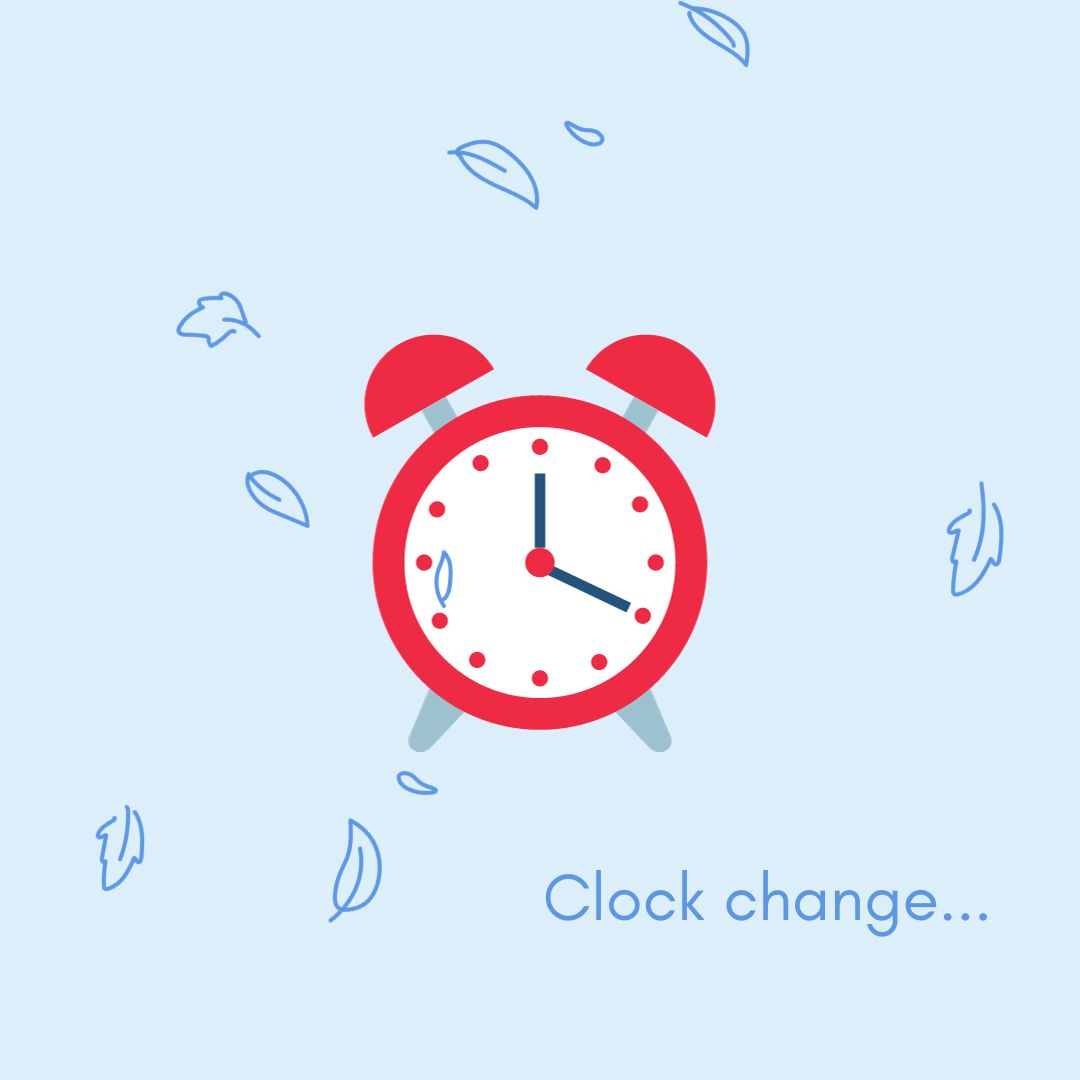October ... clock change!
I sent the below out to my mailing list today and thought it would be helpful to share here too .. and I thought I would share some extra advice on what to do if it all goes pear shaped!
Tick Tock the clocks go back....
In the UK, it is coming to that time of year where the clocks go back and we look forward to that extra hour in bed, however with babies and young children it is not always a simple transition! Below I wanted to outline some tips that will hopefully, with a little bit of preparation, make this transition as smooth as possible.
Two things to bear in mind when working out how to prepare for the clock changes are firstly that making the transition gradual for babies and younger children can really help (very young babies are often much less affected as they are really just sleeping and feeding most of the time anyway, as are older children who can usually make the transition more easily too).
The second thing to take into consideration is that one of the key factors in changing the body clock to be ready for sleep and to wake up at a certain time is LIGHT! So using light to help your child adjust can be the key!
Tips to prepare for the clocks going back:
Up to a week before you can start preparing your child by keeping the lights down low later in the morning, and for children still having a milk feed in the morning by slowly encouraging the feed a bit later ( and by this I do not mean leaving them to be upset whilst they wait an extra 15 mins for their feed! I mean if they seem happy to wait then do so!)
Even if your child is wide awake and chattering, and eventually needing their feed, try to keep the lights down low for up to an hour longer than usual.
You may find that this needs to be gradual, and may depend on other factors (if you have to leave the house by a certain time for example).
You may find after a few days that your child naturally sleeps a little bit later having kept the lights dim for this extra time in the morning, or this may not happen until the bedtime has also adjusted.
A few days before the clocks go back start keeping your little one up a bit longer, enouraging your child’s bedtime routine a little later (where appropriate for the child).
For babies you may need to do this more gradually than toddlers, so for example with a baby you may start their bedtime routine 10 minutes later over 5 days but a 4 year old you may find that you can just do 20 minutes a day for 3 days, or anything in between!
Where possible try to use light to help with this transition, so plenty of bright/day light during this extra awake time; this can be tricky as the evenings are getting darker! And then dimmer light as you go into your bedtime routine to signal to the body clock that now it is time for the sleepy hormones!
Remember if your child struggles with the change consistency is key, and with a consistent approach and with the help of LIGHT then your child should soon adjust.
One final point is that some parents find they can use the clock change to help reset a child’s schedule, so if a baby is naturally going to bed later and waking later but the parents prefer an earlier bedtime then you can simply not do any of the above and baby will just naturally continue going to bed and waking as before, which by the clock will be an hour earlier!
I hope this helps and remember there is also a final option - just wing it and go with the flow!
Note : What if it all goes pear shaped?
If the clock change is difficult to adapt to then these are the things I would really bear in mind:
Light! Refer to my comment above about exposing the child to the right kind of light - if they are waking really early in the morning, even if you are getting up early try and keep the lights down low with a warm red or orange glow light, and avoid screens that emit white/blue light, this will help and then as soon as morning time comes get out into some natural day light, or play by a window.
Fresh air and excercise is always helpful when working through sleep issues, making sure that your child is nice and tired at bedtime having had both physical and mental stimulation.
Depending on the age of your child avoid giving loads of extra daytime sleep to compensate for the early rising, of course I am not recommending not letting your child nap at all if they have been up early, I simply mean try and not overcompendate with lots of extra daytime sleep as there is a chance that they will then have less sleep the following night as their sleep need has already been met (I usually look at sleep per 24hrs rather than daytime v night time sleep).
Consistency is important, try and keep consistent with your bedtime routines and rituals and your morning routines and riturals to help your child feel secure and know what is coming next.
Chances are you child will sleep for the extra hour but you the parent will wake up an hour earlier listening out for whether your child is awake or not!
Take care and be kind to yourselves. x
x




